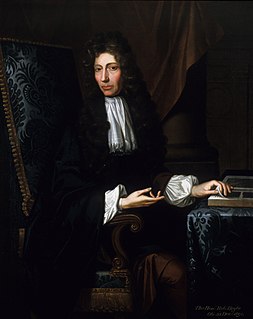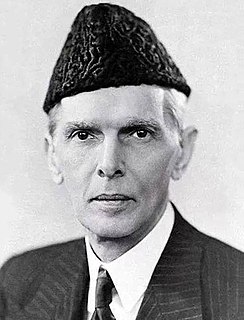A Quote by Paul Cezanne
The Louvre is a good book to consult, but it must only be an intermediary. The real and immense study that must be taken up is the manifold picture of nature.
Related Quotes
And when with excellent Microscopes I discern in otherwise invisible Objects the Inimitable Subtlety of Nature's Curious Workmanship; And when, in a word, by the help of Anatomicall Knives, and the light of Chymicall Furnaces, I study the Book of Nature, and consult the Glosses of Aristotle, Epicurus, Paracelsus, Harvey, Helmont, and other learn'd Expositors of that instructive Volumne; I find my self oftentimes reduc'd to exclaim with the Psalmist, How manifold are thy works, O Lord? In wisdom hast thou made them all.
The Louvre is the book in which we learn to read. We must not, however, be satisfied with retaining the beautiful formulas of our illustrious predecessors. Let us go forth to study beautiful nature, let us try to free our mids from them, let us strive to express ourselves according to our personal temperaments. Time and reflection, moreover, little by little modify our vision, and at last comprehension comes to us.
Meditative state is the highest state of existence. So long as there is desire, no real happiness can come. It is only the contemplative, witness-like study of objects that brings to us real enjoyment and happiness. The animal has its happiness in the senses, the man in his intellect, and the god in spiritual contemplation. It is only to the soul that has attained to this contemplative state that the world really becomes beautiful. To him who desires nothing, and does not mix himself up with them, the manifold changes of nature are one panorama of beauty and sublimity.
You must try to combine in your life immense idealism with immense practicality. You must be prepared to go into deep meditation now, and the next moment you must be ready to go and cultivate the fields. You must be prepared to explain the intricacies of the scriptures now, and the next moment to go and sell the produce of the fields in the market....The true man is he who is strong as strength itself and yet possesses a woman's heart.
A mathematician who can only generalise is like a monkey who can only climb up a tree, and a mathematician who can only specialise is like a monkey who can only climb down a tree. In fact neither the up monkey nor the down monkey is a viable creature. A real monkey must find food and escape his enemies and so must be able to incessantly climb up and down. A real mathematician must be able to generalise and specialise.
For a real New India to arise, all petty and small things must be given up. To be redeemed, all Indians must offer to sacrifice not only their good things, but all those evil things they cling to blindly - their hates and their divisions, their pride in what they should be thoroughly ashamed of, their quarrels and misunderstandings.





































